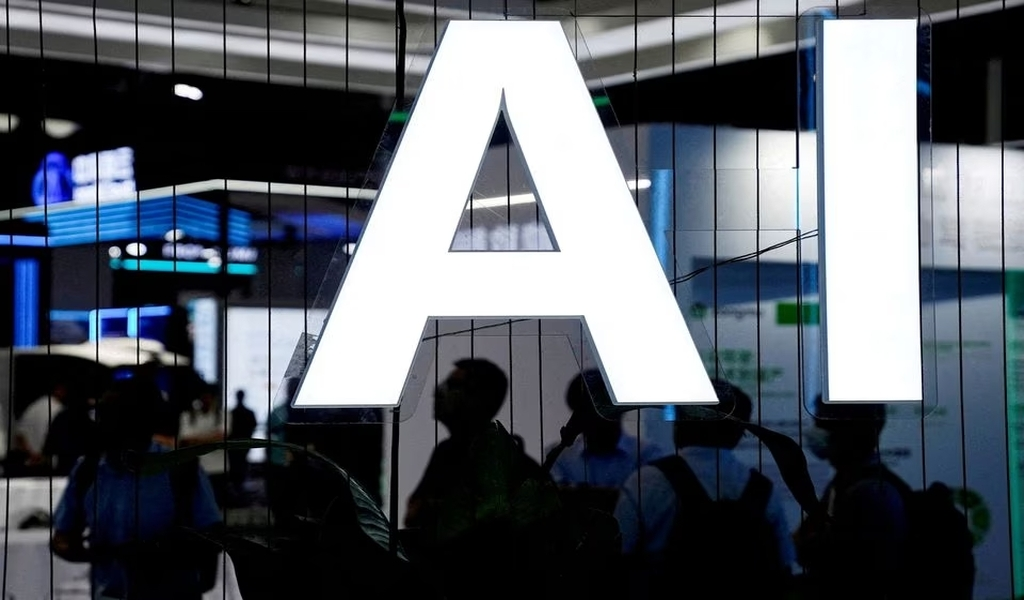(CTN News) – In a landmark decision, a U.S. court in Washington, D.C., has determined that works of art generated solely by (AI) artificial intelligence lack eligibility for copyright protection under U.S. law.
This ruling, handed down by U.S. District Judge Beryl Howell, upholds the position of the Copyright Office, which previously dismissed an application filed by computer scientist Stephen Thaler on behalf of his AI system, DABUS.
The ruling, pronounced on Friday, marks another setback for Thaler, who had previously sought U.S. patents for inventions he claimed were conceived by his DABUS system.
The court’s decision aligns with Thaler’s failures to secure patents, further reinforcing the understanding that only human-authored creations are eligible for intellectual property rights in the U.S.
Thaler’s DABUS system, an acronym for “Device for the Autonomous Bootstrapping of Unified Sentience,” has also encountered challenges in seeking patents in various international jurisdictions, including the United Kingdom, South Africa, Australia, and Saudi Arabia.
Thaler’s legal representative Ryan Abbott strongly disagreed with the court’s ruling and confirmed their intention to appeal the decision. In response, the Copyright Office issued a statement supporting the court’s conclusion, asserting that the correct outcome was reached.
The proliferation of generative artificial intelligence has given rise to novel debates in intellectual property. The Copyright Office’s refusal to grant copyrights for AI-generated images, despite an artist’s assertion that the AI was an integral part of their creative process, highlights the complexities surrounding this issue.
Simultaneously, legal actions have emerged concerning using copyrighted materials to train generative AI models without obtaining proper authorization.
U.S. District Judge Howell acknowledged the transformative impact of AI on the creative process, noting that “we are approaching new frontiers in copyright as artists put AI in their toolbox.” She emphasized that while the integration of AI raises challenging questions for copyright law, the specific case in question was comparatively straightforward.
Thaler’s application, submitted in 2018, pertained to copyright for a piece of visual art titled “A Recent Entrance to Paradise.” Thaler claimed that this artwork was entirely generated by his AI system, with no human involvement in the creative process.
However, the Copyright Office’s rejection of his application in the previous year underscored its stance that human authorship remains a prerequisite for copyright eligibility.
In light of this ruling, the ongoing evolution of AI-driven artistic endeavors will continue to pose intricate challenges for copyright law. As AI technology increasingly finds its way into the artistic toolkit, the legal landscape will undoubtedly evolve in response to these pioneering developments.






